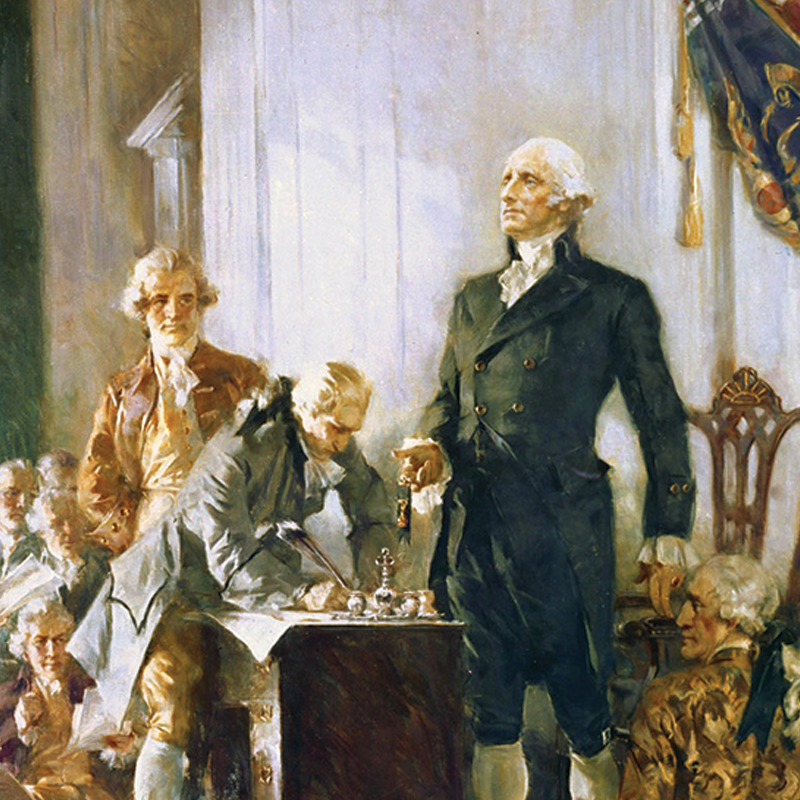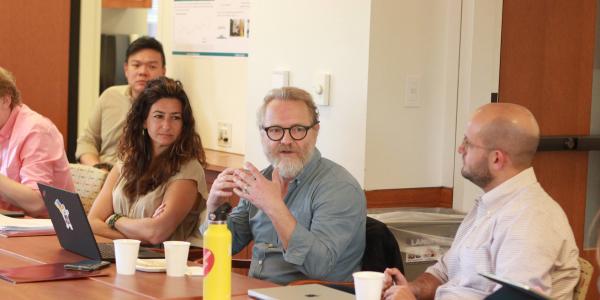https://polisci.wustl.edu/xml/faculty_staff/13052/rss.xml
Professor Margit Tavits is a comparativist who studies party politics and political behavior.
Margit Tavits specializes in comparative politics and her research interests are relatively broad: she has studied various issues related to political parties, political institutions, corruption, post-communist politics, and gender equality. While she continues to be interested in these topics, her ongoing research extends the list even further and considers the effects of wartime violence on post-war politics, inter-ethnic cooperation, and women's representation. Some of her most exciting new research ventures into an uncharted territory in political science is exploring how the language we speak affects how we think about politically relevant issues such as gender and LGBTQ+ equality, environmental policy, and ethnic divisions. Tavits served as department chair from July 2020 to June 2023.

Voicing Politics: How Language Shapes Public Opinion
By Efrén Pérez and Margit Tavits
Voicing Politics brings together the latest findings from psychology and political science to reveal how the linguistic peculiarities of different languages can have meaningful consequences for political attitudes and beliefs around the world. Efrén Pérez and Margit Tavits demonstrate that different languages can make mental content more or less accessible and thereby shift political opinions and preferences in predictable directions. They rigorously test this hypothesis using carefully crafted experiments and rich cross-national survey data, showing how language shapes mass opinion in domains such as gender equality, LGBTQ rights, environmental conservation, ethnic relations, and candidate evaluations.
Voicing Politics traces how these patterns emerge in polities spanning the globe, shedding essential light on how simple linguistic quirks can affect our political views. This incisive book calls on scholars of political behavior to take linguistic nuances more seriously and charts new directions for researchers across diverse fields. It explains how a stronger grasp of linguistic effects on political cognition can help us better understand how people form political attitudes and why political outcomes vary across nations and regions.







